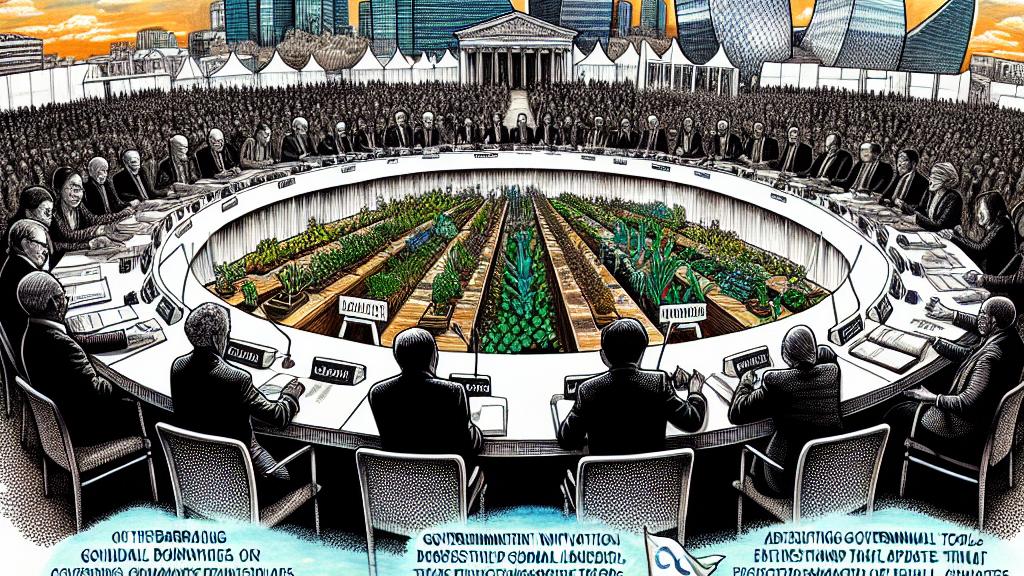Enhancing Science for Climate Finance Negotiations
Overview
- The COP29 event in Baku unveiled serious shortcomings in financial support for low-income countries.
- Wealthy nations exceeded the USD 100 billion climate finance goal, yet critical challenges still loom large.
- Experts urgently call for innovative reforms in climate negotiations to inspire meaningful, impactful actions.

Setting the Scene in Azerbaijan
In the vibrant city of Baku, Azerbaijan, the COP29 climate talks converged under a mixture of hope and skepticism. Delegates from around the world gathered to negotiate crucial climate agreements, yet many felt a disconcerting gap between promises made and tangible outcomes. During these discussions, it was evident that low- and middle-income countries (LMICs) are still grappling with significant barriers to accessing essential climate financing. Imagine the potential if government initiatives directly aligned with local community needs—adjusting financial tools to empower grassroots movements could radically shift the climate action landscape. This would lead not just to increased funding, but ensure that the funds are utilized effectively for the unique challenges facing these regions.
Achievements vs. Challenges
The silver lining emerged when developed countries announced that they had vanquished the USD 100 billion climate finance milestone, achieving a remarkable USD 115.9 billion in funding by 2022. This figure represents a transformative step forward in global commitment. Yet, as we investigate deeper, a troubling picture unfolds: only a fraction of this funding is directed toward grassroots initiatives crucial for adapting to climate impacts. For instance, adaptation finance has significantly increased to USD 32.4 billion, but much of it remains insufficient in addressing the specific, on-the-ground needs of vulnerable communities. Without fostering robust participation from the private sector, the dream of achieving substantial climate resilience might remain just that—a dream.
Calls for Reform and Accountability
As the talks progressed, a growing chorus of voices emerged, demanding transformative reforms within the UNFCCC framework. Noteworthy figures, including former UNFCCC leaders and climate scientists, collectively called for a radical overhaul of the negotiation strategy. Their vision is simple yet profound: smaller, frequent meetings focused on actionable accountability, where nations provide real-time updates on their climate commitments. This shift could greatly enhance transparency and trust among nations. The time for action is not tomorrow; it's now. A failure to implement rigorous standards and clear oversight means the aspirations for climate stability may continue to slip through our fingers like sand. History will judge how we responded, so let’s make sure we rise to the occasion.

Loading...